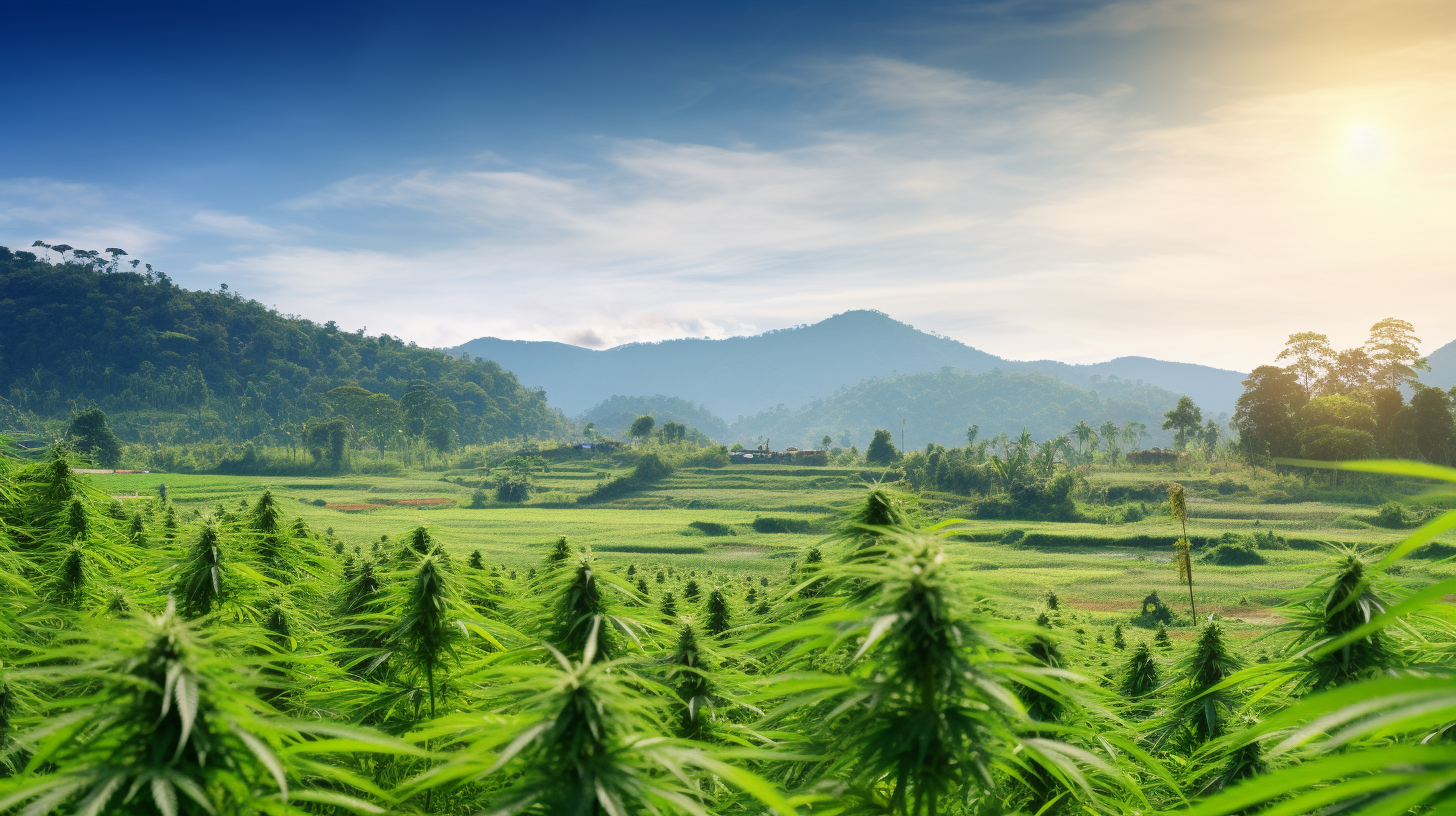The Big Picture: A proposal to distinguish between hemp and marijuana in Thai law could redefine the country’s approach to cannabis, emphasizing hemp’s industrial potential.
Driving The News: Recent legislative efforts in Thailand focus on differentiating hemp from marijuana, recognizing hemp’s non-addictive nature and industrial uses.
What To Watch: The outcome of this legislative proposal could lead to a shift in Thailand’s cannabis industry, focusing more on hemp’s economic benefits.
BANGKOK, THAILAND – In a significant move, Surapong Kongchantuk, Chairman of the Cross-Cultural Foundation, has proposed a legislative distinction between hemp (Cannabis sativa L.) and marijuana (Cannabis indica), emphasizing the need to regulate them under separate laws in Thailand. This proposal comes amidst ongoing discussions about cannabis legislation in the country.
According to Khaosod, Surapong highlighted that hemp and marijuana, while similar in their early stages of growth, exhibit distinct differences as they mature. Hemp, characterized by its height over two meters, large leaves, and light green-yellowish hue, contains Tetrahydrocannabinol (THC) levels below 0.3%, which is internationally recognized as non-intoxicating. In contrast, marijuana plants are shorter, with dense foliage and higher THC levels (5-20%), causing psychoactive effects.
Surapong pointed out that hemp has no history of being used for intoxication or addiction, unlike marijuana. It has been integral to the lifestyle of indigenous Thai communities, particularly the Hmong people, who use hemp fibers for various cultural and practical purposes. He emphasized that hemp should not be subject to the same regulatory controls as marijuana, given its non-addictive nature and industrial potential.
The proposal follows a series of legislative movements in Thailand, including the submission of drafts for the Cannabis and Hemp Act. However, previous attempts to pass similar legislation have faced challenges in the Thai Parliament.
Surapong’s call for separate legislation for hemp aligns with the global trend of recognizing hemp’s economic and environmental benefits. Hemp is used in a wide range of products, from textiles to biodegradable plastics, offering a sustainable alternative to traditional materials.
The Thai government’s response to this proposal will be crucial in shaping the future of the country’s cannabis industry. If adopted, it could pave the way for a more nuanced and economically beneficial approach to cannabis cultivation, distinguishing between hemp’s industrial applications and marijuana’s recreational and medicinal uses.
Source Khao Sod
